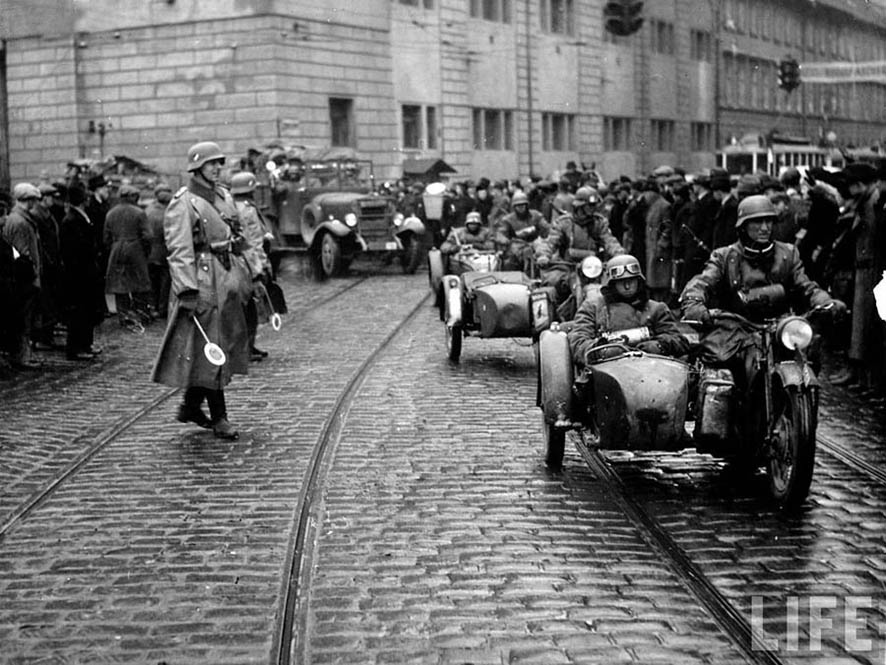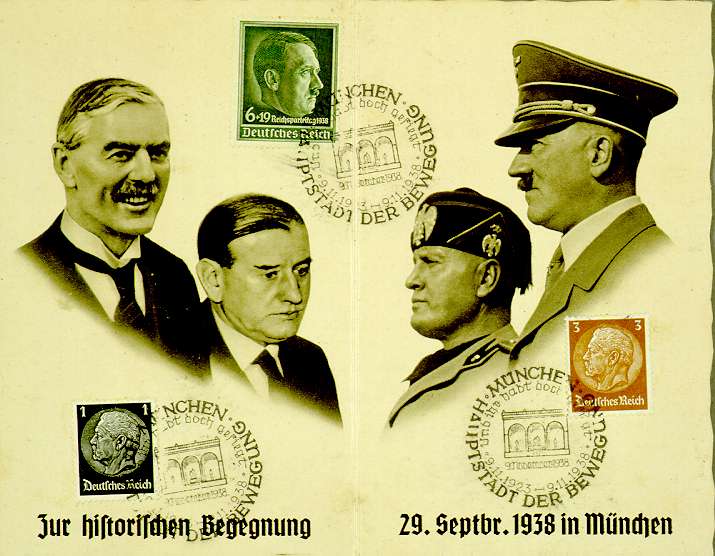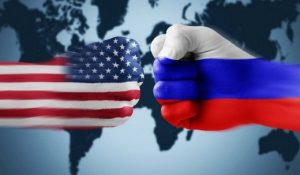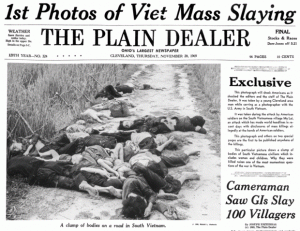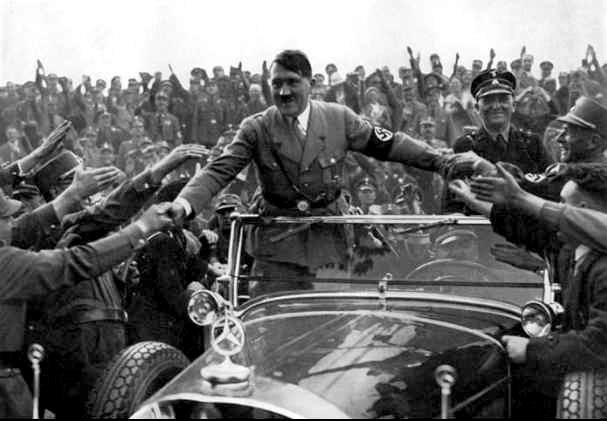
Views: 854
On September 22, 1938, Hitler demanded the immediate cession of Czechoslovakia’s territory, the Sudetenland, to Germany and the evacuation of the Czechoslovak population by the end of the month. The next day, Czechoslovakia ordered troop mobilization. War seemed imminent, and France even began a partial mobilization on September 24. The British Prime minister Nevile Chamberlain and French Prime Minister Daladier, unprepared for the outbreak of hostilities, in a last-minute effort to avoid war, proposed that a four-power conference (Italy, France, Germany and the UK) to be convened in Munich immediately to settle the dispute. Hitler agreed, and on September 29, Hitler, Chamberlain, Daladier, and Italian dictator Benito Mussolini met in Munich, where Mussolini introduced a written plan that was accepted by all as the Munich Agreement. Many years later it was discovered that the so-called Italian plan had been prepared in the German Foreign Office.

According to the plan, the German army was to complete the occupation of the Sudetenland by October 10, and an international commission would decide the future of other disputed areas. The Czechoslovakian president ,Edvard Beneš, who was excluded from the negotiations, was threatened and bullied by France and the UK to submit to the plan, which basically called for Czechoslovakia to commit suicide as a state. At the time Czechoslovakia was allied by treaty with France, and Great Britain was in turn allied with France, so both countries would be obliged to help Czechoslovakia if it was attacked. The German army was at that time weak and not ready to take on Czechoslovakia, which had a modern army, very strong defensive line and almost 50 army divisions all properly equipped and trained. All it would have taken was the faintest sign from UK and France that they would support the Czechoslovakian people if it came to a war with Germany for Hitler to back down. Instead, when Beneš refused to sign the agreement he was presented with an ultimatum and was informed by Britain and France that if he would not sign the agreement and submit to the prescribed annexation he would be left facing the German army alone. Benes and the Czechoslovak government chose to submit and signed the agreement.
By giving over the Sutenland, the Allies immediately gave away most of Czechoslovakia’s fortifications and war industry. This soon led to the takeover of all of Czechoslovakia, which gave Germany enough weaponry to arm about half of the then Wehrmacht. In early November 1938, under the First Vienna Award, which was a result of the Munich agreement, Czechoslovakia (and later Slovakia) was forced by Germany and Italy to cede southern Slovakia (one third of Slovak territory) to Hungary, while Poland retook the small territorial Polish region of Zaolzie. In the case of Poland, Zaolzie was part of Poland in 1920 when Czechoslovakia used the fact that the Polish state was fighting for its life against the Red Army to invade Poland and occupy the Polish region. This would prove a tragic mistake for both Czechoslovakia and Poland, for the Czech occupation of Zaolzie poisoned diplomatic relations between the two countries. An alliance between Czechoslovakia and Poland would have been enough to deter Germany from invading both countries, and might have changed the course of European and world history. The Polish government indicated multiple times (in March 1936 and May, June and August 1938) that it was prepared to fight Germany if the French decided to help Czechoslovakia, their ally. However the French declined, opting instead to sell out Czechoslovakia to Hitler as they would do with Poland in September 1939.
Both Daladier and Chamberlain returned home to jubilant welcoming crowds relieved that the threat of war had passed, and Chamberlain told the British public that he had achieved “peace with honour. I believe it is peace for our time.” His words were immediately challenged by his greatest critic, Winston Churchill, who declared, “You were given the choice between war and dishonour. You chose dishonour and you will have war.” Indeed, Chamberlain’s policies were discredited the following year, when Hitler annexed the remainder of Czechoslovakia in March and then precipitated World War II by invading Poland in September. The Munich Agreement became a byword for the futility of appeasing expansionist totalitarian states, and of western betrayal and is considered a key event on the road to WW2.
Bibliography:
Norman Davies, “Europe”.
A. J. P. Taylor, “Origins of the Second World War”.
Originally published on 2021-09-30
Source: Dispropaganda
Origins of images: Facebook, Twitter, Wikimedia, Wikipedia, Flickr, Google, Imageinjection, Public Domain & Pinterest.
Read our Disclaimer/Legal Statement!
Donate to Support Us
We would like to ask you to consider a small donation to help our team keep working. We accept no advertising and rely only on you, our readers, to keep us digging the truth on history, global politics, and international relations.
FOLLOW US ON OUR SOCIAL PLATFORMS

